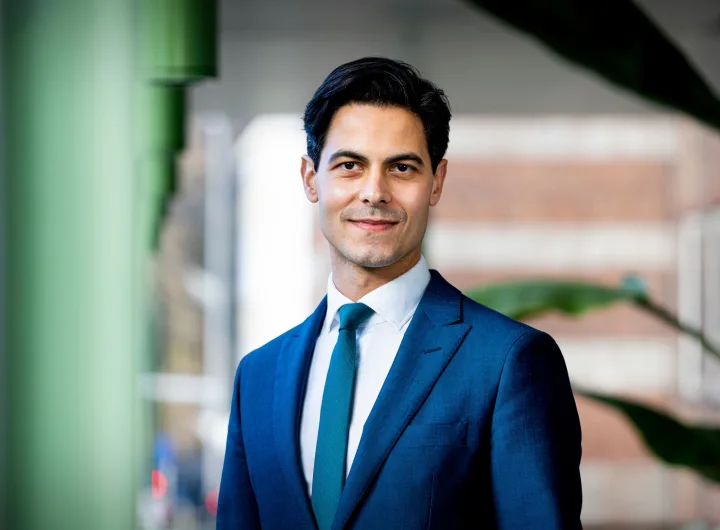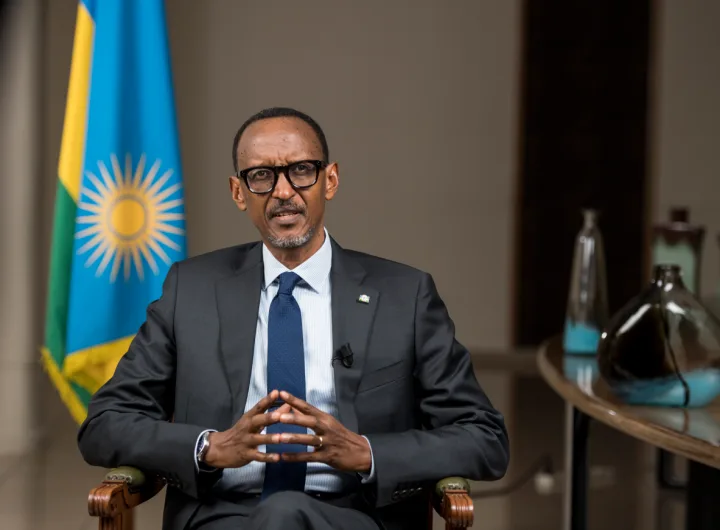
Sarah Mullally is the first woman to occupy the position/PA
Sarah Mullally has shown strong support for the LGBTQ community, a stance that has made her unpopular among conservative Anglicans.
On October 3, 2025, the Church of England made history by announcing that Dame Sarah Mullally, the current Bishop of London, would become the 106th Archbishop of Canterbury. The appointment marks a watershed moment: for the first time in the position’s 1,400-year history, a woman will serve as the spiritual leader of the worldwide Anglican Communion’s 85 million members.
Yet this groundbreaking decision has sparked immediate and intense controversy, revealing deep divisions within global Christianity over women’s ordination, same-sex blessings, and the future direction of the Anglican Church.
A Historic First
Mullally, 63, brings an unusual background to the role. Before entering Christian ministry, she distinguished herself as a nurse, serving as England’s Chief Nursing Officer and the National Health Service’s director of patient experience from 1999 to 2004. Her calling to ordained ministry came later in life, representing a departure from the traditional path of many previous archbishops.
Her formal installation is scheduled for Canterbury Cathedral in March 2026, with legal confirmation expected at St Paul’s Cathedral on January 28, 2026. She will succeed Archbishop Justin Welby as both Primate of All England and Metropolitan Bishop of the Province of Canterbury.
Conservative Anglican Opposition
The announcement triggered swift condemnation from GAFCON (Global Anglican Future Conference), a coalition of conservative Anglican churches primarily based in Africa and Asia. The organization released a statement lamenting Mullally’s appointment and accusing the Church of England of abandoning biblical teaching by selecting a leader who has supported blessings for same-sex relationships.
GAFCON declared that the English church had “relinquished its authority to lead” the global communion. This response reflects long-standing tensions within Anglicanism over both women’s ordination and LGBTQ+ inclusion—issues that have threatened to split the worldwide communion for decades.
Related: Trump Slams Anglican Bishop For Pleading For The LGBTQ Community
Conservative commentators have characterized the appointment as part of what they describe as the Church of England’s trajectory of “theological revisionism” and “cultural capitulation.” Critics argue that such decisions have contributed to declining church attendance and have deepened divisions with more traditional Anglican provinces, particularly in the Global South where the majority of practicing Anglicans now reside.
Questions About Leadership Style
Some observers within the Church have raised concerns about Mullally’s communication abilities, with critics describing her as an uninspiring public speaker. Given the Archbishop of Canterbury’s role as a prominent public figure who must navigate complex interfaith relations, political pressures, and media scrutiny, questions about her capacity to lead the church through its current challenges have emerged in some quarters.
A Church at a Crossroads
Mullally’s appointment crystallizes fundamental questions facing not just the Anglican Communion but many Christian denominations: Can ancient traditions evolve to embrace contemporary understandings of gender and sexuality? How should churches balance theological conviction with cultural relevance? And who has the authority to define orthodoxy in a diverse, global religious community?
The controversy surrounding this historic appointment suggests these tensions will continue to shape Anglican identity in the years ahead. As Mullally prepares to assume her new role, she faces the formidable task of leading a deeply divided communion—one where her very appointment is celebrated by some as prophetic progress and condemned by others as a betrayal of biblical authority.
Whether this moment represents the church’s bold step into the future or a fracture point in the Anglican Communion may not be clear for years to come. What is certain is that Sarah Mullally’s tenure will unfold against a backdrop of unprecedented scrutiny and expectation, as both her supporters and critics watch to see how the first female Archbishop of Canterbury navigates one of Christianity’s most challenging leadership positions.

 Violence Grips Mexico Following Death Of Drug Lord “El Mencho”
Violence Grips Mexico Following Death Of Drug Lord “El Mencho”  Netherlands Swears In First Openly Gay Prime Minister
Netherlands Swears In First Openly Gay Prime Minister  US Military Aircraft Land In Nigeria With Troops
US Military Aircraft Land In Nigeria With Troops  Tems Becomes First African Woman To Break Billboard Record
Tems Becomes First African Woman To Break Billboard Record  Kagame Condemns International “Threats” Directed At Rwanda As US Sanction Looms
Kagame Condemns International “Threats” Directed At Rwanda As US Sanction Looms  Bandits Kill Nearly 200 In Kwara And Katsina State
Bandits Kill Nearly 200 In Kwara And Katsina State  Asake Tops Spotify Nigeria’s All-Time Most-Streamed Artist List
Asake Tops Spotify Nigeria’s All-Time Most-Streamed Artist List